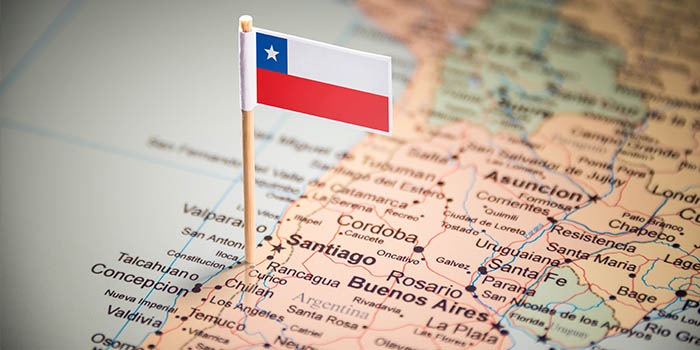Chile is advancing a revolutionary online betting bill that would significantly alter the existing regulations governing the sector. This bill was initially introduced in March of the previous year but encountered a stalemate until the present time. While the legislation would still necessitate further approvals, its progress has been commended by those within the gambling sector.
At the time this report was written, the only entities operating under Chilean gambling regulations were Lotería de Concepción, Polla Chilena de Beneficencia, and Teletrak. However, with the new regulations implemented in March, the Internal Revenue Service has now gained the authority to exclude offshore companies from the simplified tax system, including sportsbooks which are yet to be regulated.
Subsequently, the Chamber of Deputies suggested the necessity to prohibit agreements between betting firms and sportsbooks. To put this into context, the online sports betting market had already secured a substantial presence within the local sports industry. This new legislation, however, aims to oversee online betting which could allow virtual sportsbook companies to gain entry into the Chilean market.
Should Chile decide to authorize regulated online sports betting, it is expected that licenses will be given out via a non-competitive and administrative procedure. Bettors will also be given an identification number before they can play, simplifying the process of alleviating and preventing detrimental gambling habits.
In conclusion, only companies granted a license will be permitted to advertise their products in Chile, while companies operating illegally in the gambling sector will receive penalties unless they halt all marketing activities within the country.
The Advantages of Licensed Betting for Chile
Should Chile decide to regulate iGaming, the entities within the online casino and sports betting industry would have a significant cause for celebration. Carlos Baeza, a legal advocate for Betano, Betsson, Coolbet and Latamwin, highlighted this during an interview with El Dinamo, commending Chile’s forward-thinking approach.
Baeza pointed out that the industry would be thrilled should the country adequately regulate online gambling while implementing clear-cut rules about taxation and marketing. The representative applauded the commendable initiatives from the Ministry of Finance to assist in the regulation of gambling.
Industry specialists opine that if online betting is introduced, gaming revenues could experience a surge. Analytical predictions indicate an increase exceeding 100% over a five-year period after the regulation of this sector. The Superintendencia de Casinos de Juego, the gambling regulator in Chile, aspires to amass $50 million in taxes which can then be utilized for public benefit.
The authority anticipates that if Chile manages to penetrate the international online betting market, it could possibly avail a plethora of modern tools for safer gambling, cybersecurity measures, and AI-enabled protection mechanisms.
The verdict on this issue is expected to be unveiled by June 12.







